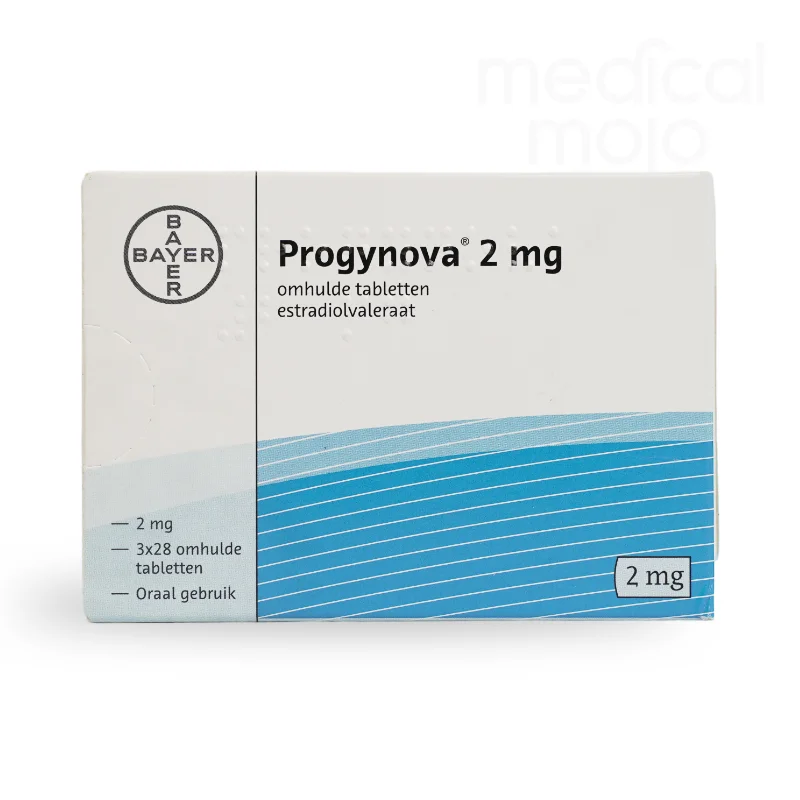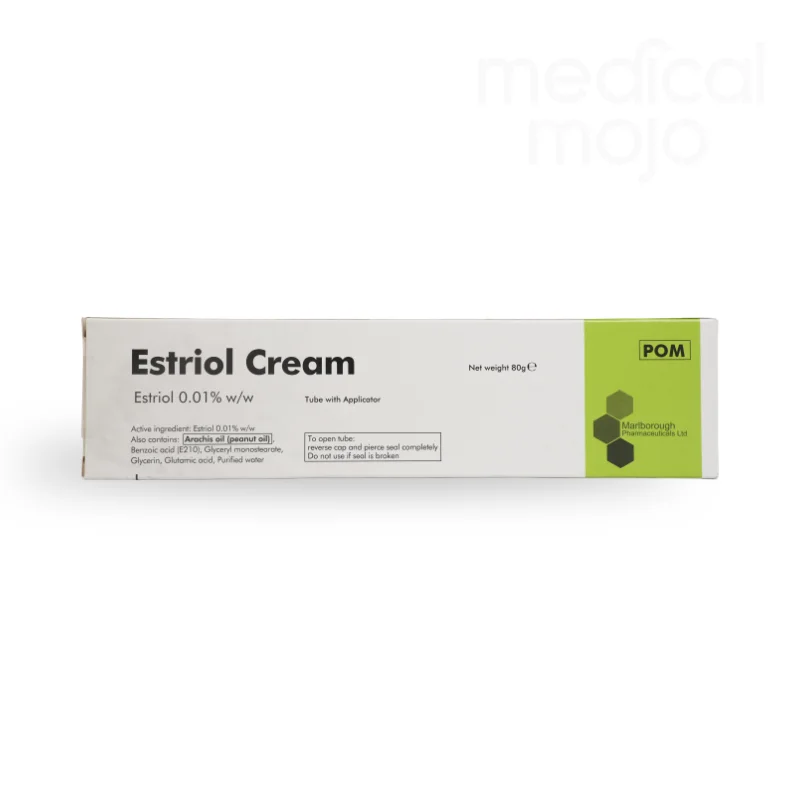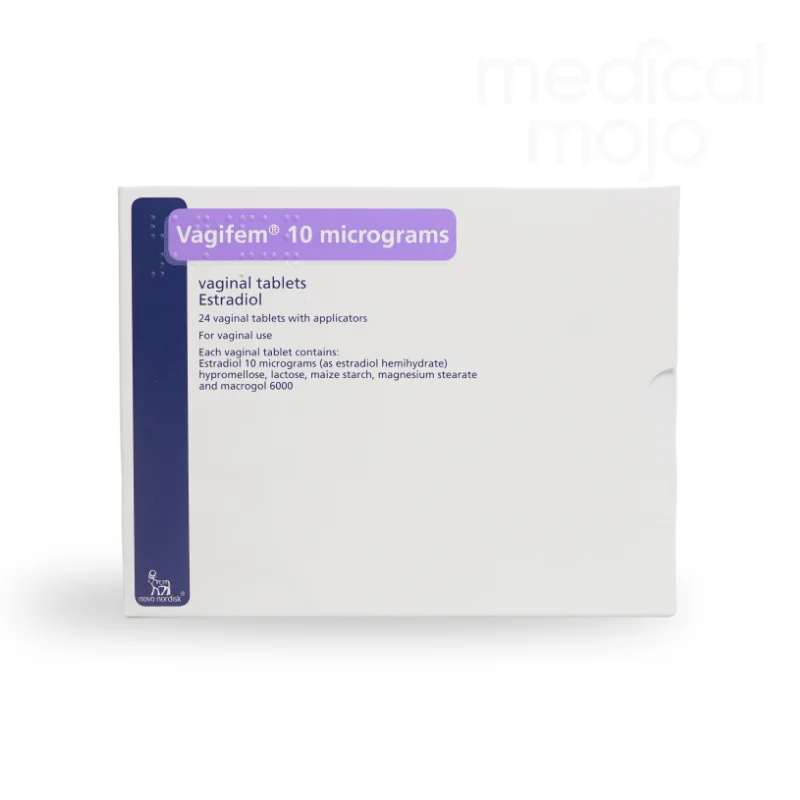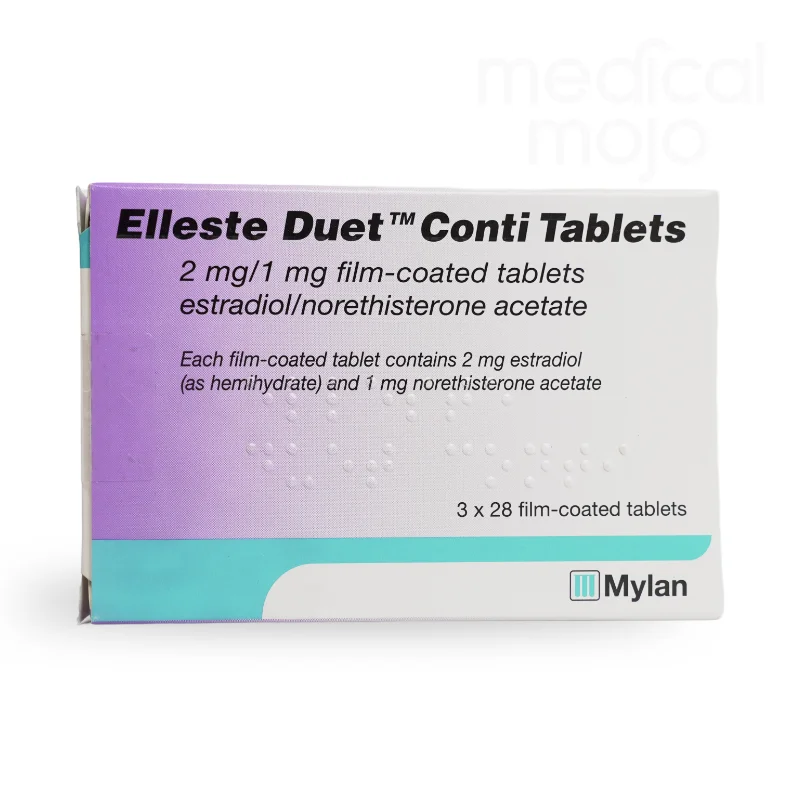Medical History and Regular Check-Ups
The use of HRT carries risks that need to be carefully considered when deciding whether to start or continue treatment.
If you have experienced premature menopause (due to ovarian failure or surgery), the risks associated with HRT may differ. Discuss these with your doctor.
Before starting or restarting HRT, your doctor will ask about your medical history and that of your family. A physical examination, including a breast exam or internal examination, may be required.
Once you begin taking Progynova, you should schedule regular check-ups with your doctor, at least once a year. During these check-ups, discuss the benefits and risks of continuing the treatment.
Remember to:
- Attend regular breast screenings and cervical smear tests as recommended by your doctor.
- Regularly check your breasts for any changes, such as dimpling of the skin, changes in the nipple, or any lumps you can see or feel.
Do Not Take Progynova:
Avoid taking Progynova if any of the following apply to you. If you're unsure about any of these points, consult your doctor before taking Progynova:
- If you have or have ever had breast cancer, or if it is suspected.
- If you have cancer sensitive to oestrogens, such as cancer of the womb lining (endometrium), or if it is suspected.
- If you have unexplained vaginal bleeding.
- If you have untreated excessive thickening of the womb lining (endometrial hyperplasia).
- If you have or have ever had a blood clot in a vein (thrombosis), such as in the legs (deep vein thrombosis) or the lungs (pulmonary embolism).
- If you have a blood clotting disorder (such as protein C, protein S, or antithrombin deficiency).
- If you have or have recently had a disease caused by blood clots in the arteries, such as a heart attack, stroke, or angina.
- If you have or have ever had liver disease, and your liver function tests have not returned to normal.
- If you have a rare inherited blood disorder called "porphyria."
- If you are allergic to estradiol valerate or any other ingredients in this medicine (see section 6).
- If you have been advised to avoid lactose or have a rare hereditary condition called Lapp lactase deficiency or glucose-galactose malabsorption.
- If you believe you might be pregnant or are breastfeeding.
If any of these conditions appear for the first time while taking Progynova, stop taking it immediately and consult your doctor.
Warnings and Precautions
Before starting Progynova, tell your doctor if you have ever had any of the following conditions, as they may return or worsen during treatment:
- Fibroids in your womb
- Endometriosis or a history of excessive growth of the womb lining (endometrial hyperplasia)
- Increased risk of blood clots (see "Blood clots in a vein (thrombosis)")
- Increased risk of oestrogen-sensitive cancer (such as having a mother, sister, or grandmother who had breast cancer)
- High blood pressure
- Liver disorders, such as a benign liver tumor
- Diabetes
- Gallstones
- Migraines or severe headaches
- Systemic lupus erythematosus (SLE), a disease of the immune system
- Epilepsy
- Asthma
- Otosclerosis, a disease affecting the eardrum and hearing
- Very high levels of fat in your blood (triglycerides)
- Fluid retention due to heart or kidney problems
- Hereditary or acquired angioedema
Stop Taking Progynova and Seek Immediate Medical Attention If You Notice:
- Any of the conditions mentioned in the ‘Do Not Take Progynova’ section.
- Yellowing of your skin or the whites of your eyes (jaundice), which may indicate liver disease.
- Swelling of the face, tongue, and/or throat, difficulty swallowing, or hives along with difficulty breathing, which may indicate angioedema.
- A significant increase in blood pressure (symptoms may include headache, tiredness, dizziness).
- Migraine-like headaches occurring for the first time.
- If you become pregnant.
- Signs of a blood clot, such as:
- Painful swelling and redness of the legs.
- Sudden chest pain.
- Difficulty breathing.
For more information, see 'Blood clots in a vein (thrombosis).'
Note: Progynova is not a contraceptive. If it has been less than 12 months since your last menstrual period or if you are under 50 years old, you may still need to use additional contraception to prevent pregnancy. Speak to your doctor for advice.
HRT and Cancer: FAQs
What is the risk of endometrial cancer with HRT?
Using estrogen-only HRT increases the risk of excessive thickening of the womb lining (endometrial hyperplasia) and endometrial cancer. To mitigate this risk, a progestogen is usually prescribed alongside estrogen for at least 12 days of each 28-day cycle, particularly if you still have your womb. If you have had a hysterectomy, consult your doctor to determine if you can safely use estrogen-only HRT.
For women aged 50 to 65 who do not use HRT, about 5 in 1000 are diagnosed with endometrial cancer. In contrast, those who use estrogen-only HRT face a higher risk, with 10 to 60 in 1000 women being diagnosed, depending on the dosage and duration of use.
What should I do if I experience unexpected bleeding while on HRT?
If you experience unexpected bleeding or spotting outside of your monthly withdrawal bleed while using Oestrogel, especially if it:
- Persists beyond the first 6 months,
- Starts after more than 6 months of use,
- Continues after you’ve stopped using Oestrogel,
You should consult your doctor as soon as possible.
Does HRT increase the risk of breast cancer?
Yes, evidence shows that using combined estrogen-progestogen or estrogen-only HRT increases the risk of breast cancer. This extra risk becomes noticeable within 3 years of use and may persist for 10 years or more after stopping HRT, especially if used for more than 5 years.
For example, in women aged 50 to 54 not using HRT, 13 to 17 in 1000 may be diagnosed with breast cancer over a 5-year period. For those on estrogen-only HRT, the risk increases to 16-17 in 1000, and for those on combined HRT, the risk rises to 21 in 1000.
How can I monitor for breast cancer while on HRT?
Regularly check your breasts for any changes such as dimpling of the skin, changes in the nipple, or any lumps you can see or feel. It’s also important to participate in mammography screening programs as advised by your doctor. When having a mammogram, inform the healthcare provider that you are using HRT, as it can increase breast density and affect the mammogram results.
Does HRT increase the risk of ovarian cancer?
There is a slightly increased risk of ovarian cancer with the use of both estrogen-only and combined estrogen-progestogen HRT. For women aged 50 to 54 who are not using HRT, about 2 in 2000 will be diagnosed with ovarian cancer over 5 years. This increases to about 3 in 2000 for women using HRT.
HRT and Circulation: FAQs
How does HRT affect the risk of blood clots?
The risk of blood clots in the veins (thrombosis) is 1.3 to 3 times higher in HRT users compared to non-users, particularly during the first year of use. Blood clots can be serious, especially if they travel to the lungs, potentially causing chest pain, breathlessness, fainting, or even death.
In women in their 50s not using HRT, about 4 to 7 in 1000 might develop a blood clot over 5 years. This increases to 9 to 12 in 1000 for women using combined HRT, and to 5 to 8 in 1000 for those using estrogen-only HRT after a hysterectomy.
Does HRT affect heart disease risk?
HRT does not prevent heart attacks. Women over 60 using combined estrogen-progestogen HRT are slightly more likely to develop heart disease compared to non-users. However, for women who have had a hysterectomy and are using estrogen-only therapy, there is no increased risk of heart disease.
Does HRT increase the risk of stroke?
Yes, the risk of stroke is about 1.5 times higher in HRT users compared to non-users. For women in their 50s not using HRT, 8 in 1000 are expected to have a stroke over 5 years. This number increases to 11 in 1000 for those using HRT.
Other FAQs
Can Oestrogel be transferred to others?
Yes, Oestrogel can be accidentally transferred from your skin to others, especially children. To prevent this, avoid letting others touch the treated area until it is dry and cover it with clothing if necessary. If a child comes into contact with the treated area, wash their skin with soap and water immediately. If you notice signs of early puberty (e.g., breast development) in a child who may have been exposed to Oestrogel, contact your healthcare provider.
Does HRT affect memory?
HRT does not prevent memory loss, and there is some evidence that starting HRT after age 65 may increase the risk of memory loss. Consult your doctor for advice.
Can Oestrogel interact with other medications?
Yes, Oestrogel can interact with other medications, leading to irregular bleeding or other effects. Medicines for epilepsy, tuberculosis, HIV infection, and certain herbal products like St John’s wort may interfere with Oestrogel. It’s important to inform your doctor about all the medications you are taking.
What should I know about Oestrogel and pregnancy?
Oestrogel is intended for use in postmenopausal women only. If you become pregnant, stop using Oestrogel and contact your doctor.











